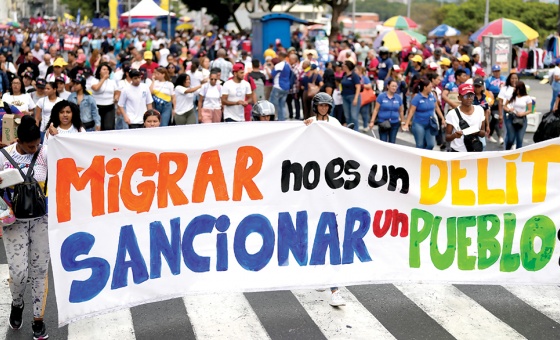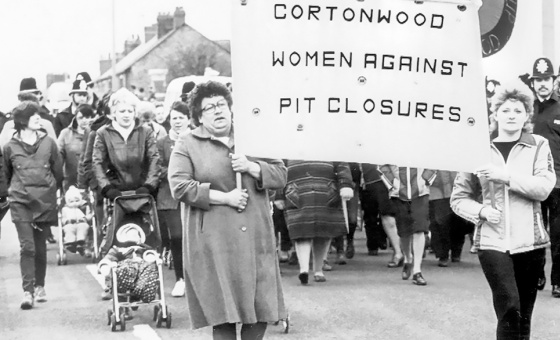This is the last article you can read this month
You can read more article this month
You can read more articles this month
Sorry your limit is up for this month
Reset on:
Please help support the Morning Star by subscribing here
THE Serbian-Hungarian border is an increasingly hostile environment for those on the move. Despite this, many continue to take this route through the Balkans in pursuit of Europe. In fact, the number of people travelling is on the rise.
According to a report published by Belgrade Centre for Human Rights, the number of “registered foreigners” in Serbia doubled in 2022 from the previous year. Similarly, data published by the UN refugee agency states that there was a 57 per cent increase in refugees and migrants passing through Serbia between January and February of 2023 compared with the previous year.
As part of the journey, many will temporarily reside at one of the squats and camps that exist in the north of Serbia, some only a few miles from the border — dilapidated buildings, improvised structures and tents. These compromised dwellings are considered illegitimate and therefore exist without support from the state. However, they are not alone.
In solidarity and respect
Collective Aid (CA), an NGO operating in multiple countries, maintains a near-daily presence and provides a variety of support for those on the move. In one month alone, they provided over 1,500 items, including food, clothing and sleeping bags near the city of Subotica.
During aid distributions, mobile phones and power packs can be charged using CA’s battery-powered charging stations. Access to mobile phones is not only important for emergencies and navigation but can improve mental well-being and “transform humanitarian action,” according to a UN refugee agency report.
Wood is also of great importance: during the winter months of 2022, the NGO supplied over 3,600 sacks of chopped wood, vital for residents to keep warm and cook. If this wasn’t available, some may have resorted to burning whatever can be found, including plastic and other waste.
Going further, CA’s distributions include a dedicated shower truck. The DIY-style set-up inside is made up of individual cubicles and a 1,000l water tank, which is pumped through a gas-fuelled heating unit.
It is modest but serves an important purpose well, as confirmed in the NGO’s May report which states that the service was used over 350 times. Hygiene is also maintained through a laundry service at one of CA’s warehouse units.
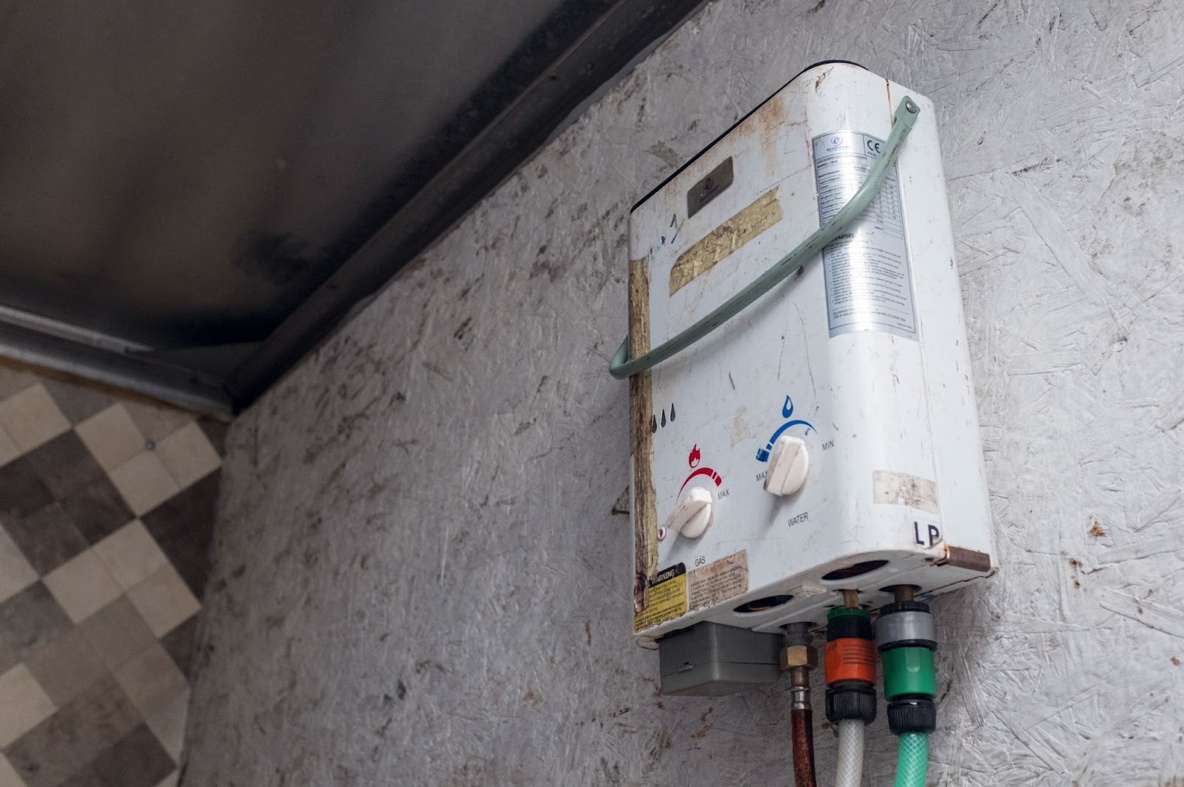
An additional water tank, present in another vehicle, also provides drinking water to up to 500 people a week.
Though the efforts of CA make a considerable impact, day-to-day life for the migrants remains challenging. The severity of the lack of sanitation, for example, is not something that can be described lightly. In addition to this, mounds of trash dominate some areas and are ever-growing.
Systematic persecution
Squats and camps exist due to a lack of supportive infrastructure from the Serbian government. According to a report by CA and Medical Volunteers International (MVI), state-run reception centres were all over capacity at the end of 2022, some by 260 per cent, which contributed to inhumane conditions and sometimes “life-threatening situations.” Video footage from inside one camp provides some insight into those conditions.
At another camp, a large number of people were reportedly locked inside a building without access to bedding or food, as seen in leaked footage published by No Name Kitchen. Regardless of where they stay, the migrants have little choice but to endure terrible conditions, exacerbated by hostile authorities. Evictions, for example, are one such method.
These operations, carried out by the Serbian police and gendarmerie in conjunction with the European border agency Frontex, are often brutal and indiscriminate. Any tactic that deters anyone from residing, or simply makes existence more difficult, is seemingly sanctioned.

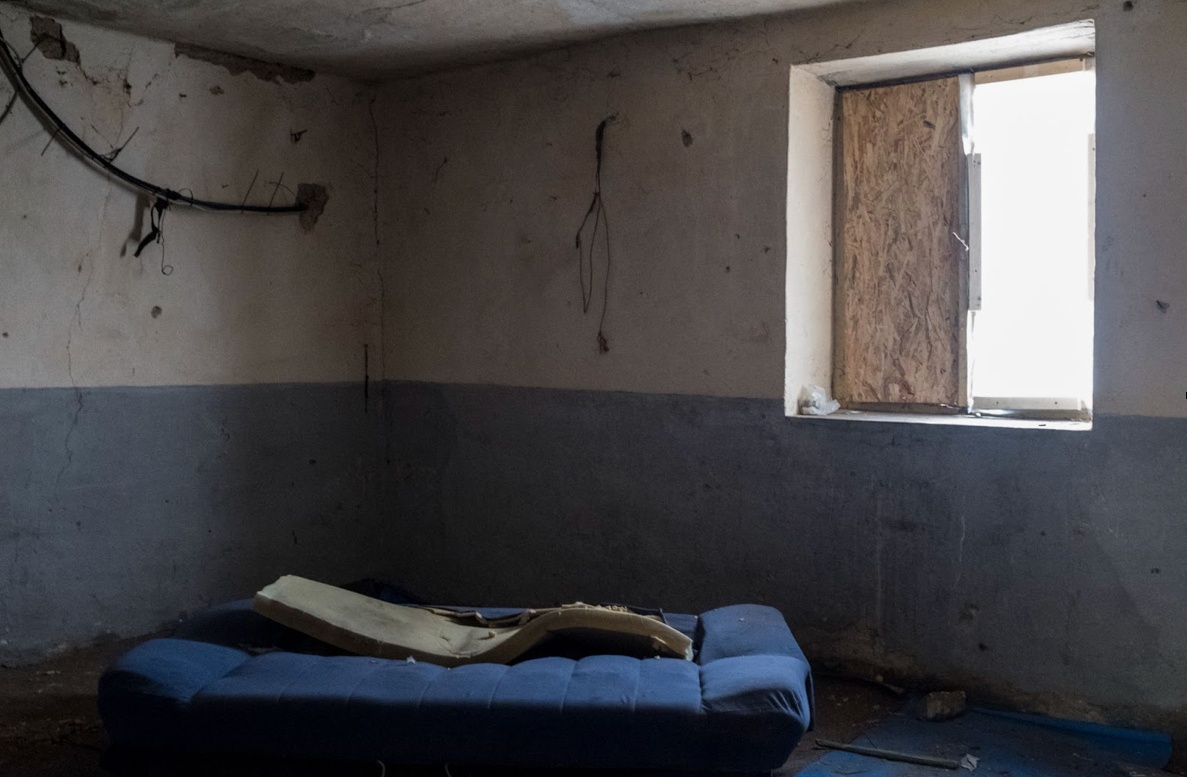
Tents and tarpaulin are slashed, constructed shelters and wood burners are destroyed and, adding additional inhumanity, bedding, clothing, mobile phones and power banks are stolen, as detailed in an advocacy report.
Evictions are also carried out at state-run centres and include the use of violence. Video footage published by MVI in March shows an eviction at the Sombor transit centre, where multiple people were beaten, including what appears to be a young minor.
The purpose of an eviction is to forcibly displace people. Those apprehended during an eviction are taken to transit centres further away from the country’s borders in an attempt to limit crossings, according to CA’s March advocacy report, but will inevitably return.
Making this journey comes with a multitude of challenges which the NGO defines as “psychological violence.” Many are refused entry to shops and are unable to use public transport. For those on the move, there is no choice but to overcome the border.
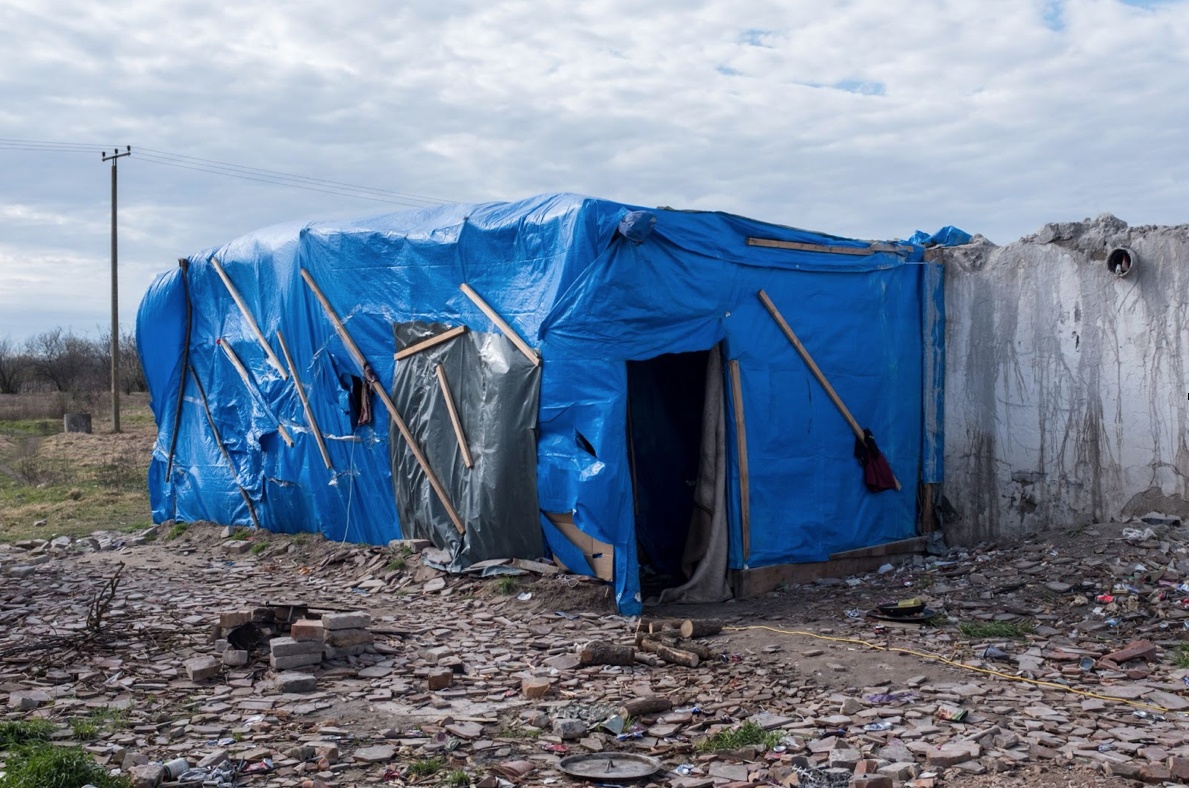
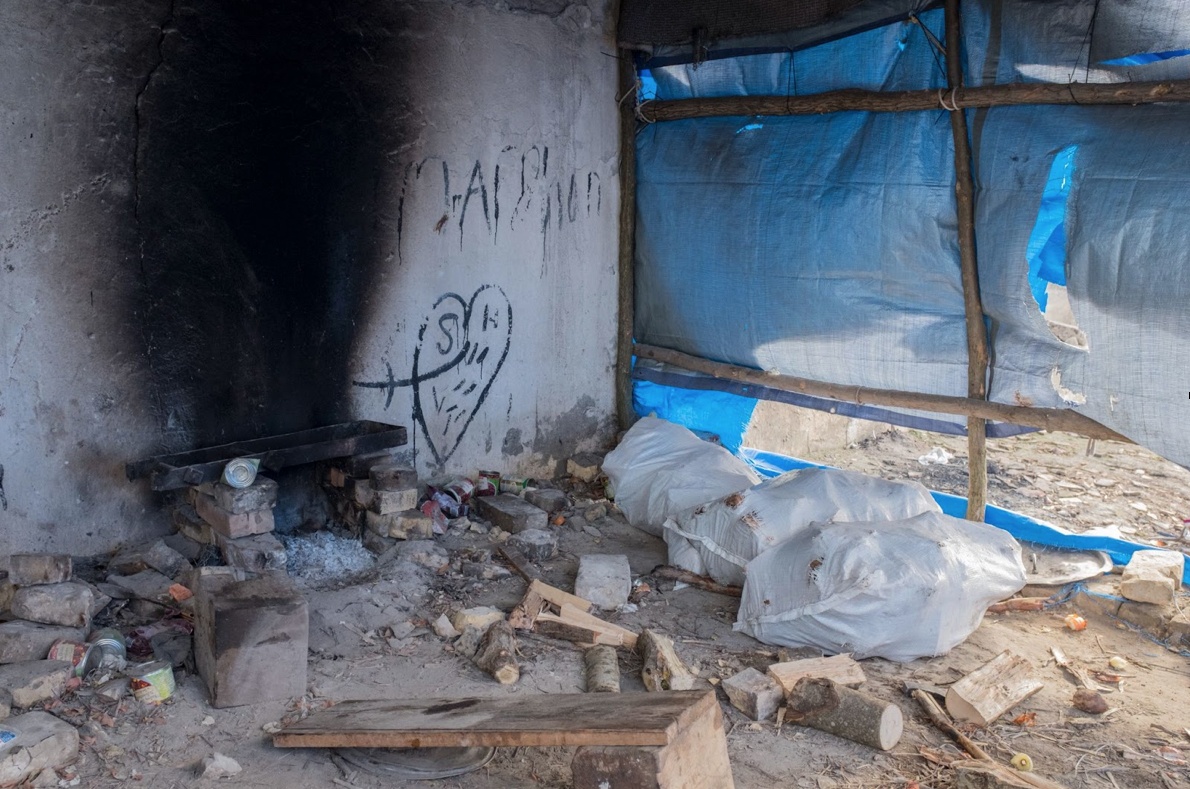
Those who are successful, however, are often forced back by the Hungarian authorities; a controversial response that occurs so often, it has become normal. According to Hungarian police statistics, push-backs occur at least 1,000 times a week, with one week in March exceeding 3,600.
Testimonies provided by the Border Violence Monitoring Network give an insight into the severity of violence and human rights abuses that many are subject to through push-backs and evictions.
For new and returning residents of squats and camps, basic survival begins from scratch among the ruins that evictions leave behind. The solidarity work carried out by CA, however, does cushion the blow.
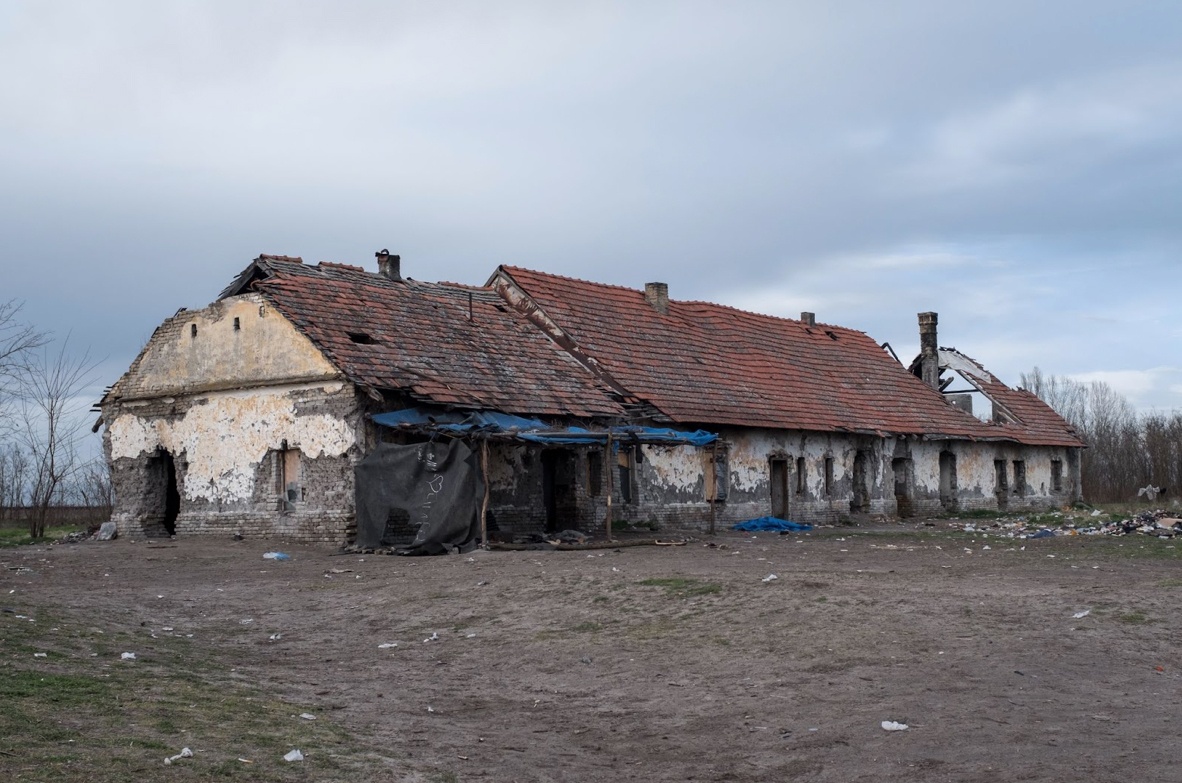
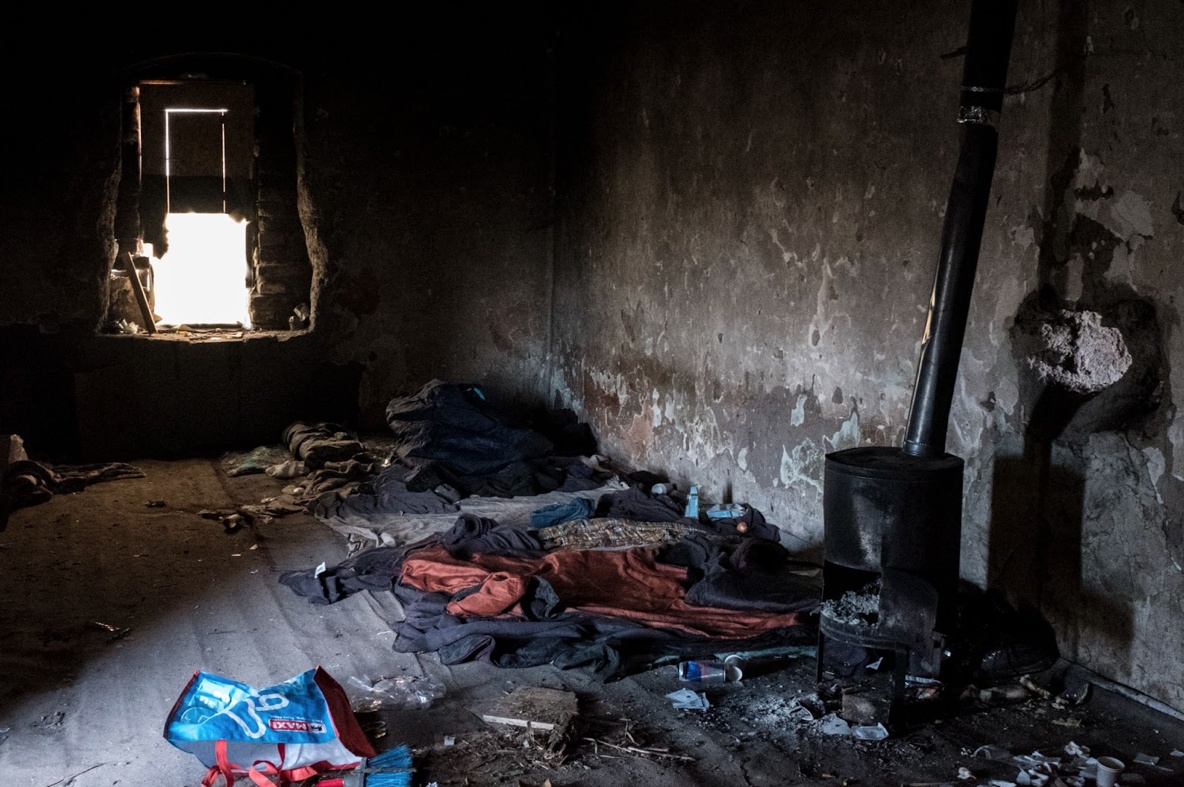
Hoping to not return
UN refugee agency data states that the majority of people taking the Balkan route are from, but are not exclusive to, Afghanistan, Morocco and Syria, and are predominantly made up of men.
Women and minors also take the journey in smaller numbers and also face mistreatment from the authorities, including men aggressively searching women and handcuffing children, as reported by CA.
Though there can be a sense of camaraderie among those on the move, the reality is much more complicated. Tensions among residents can cause additional problems in an already hostile environment. This can be seen in the dominant characters that attempt to take priority in the queues for the services that the NGO offers.

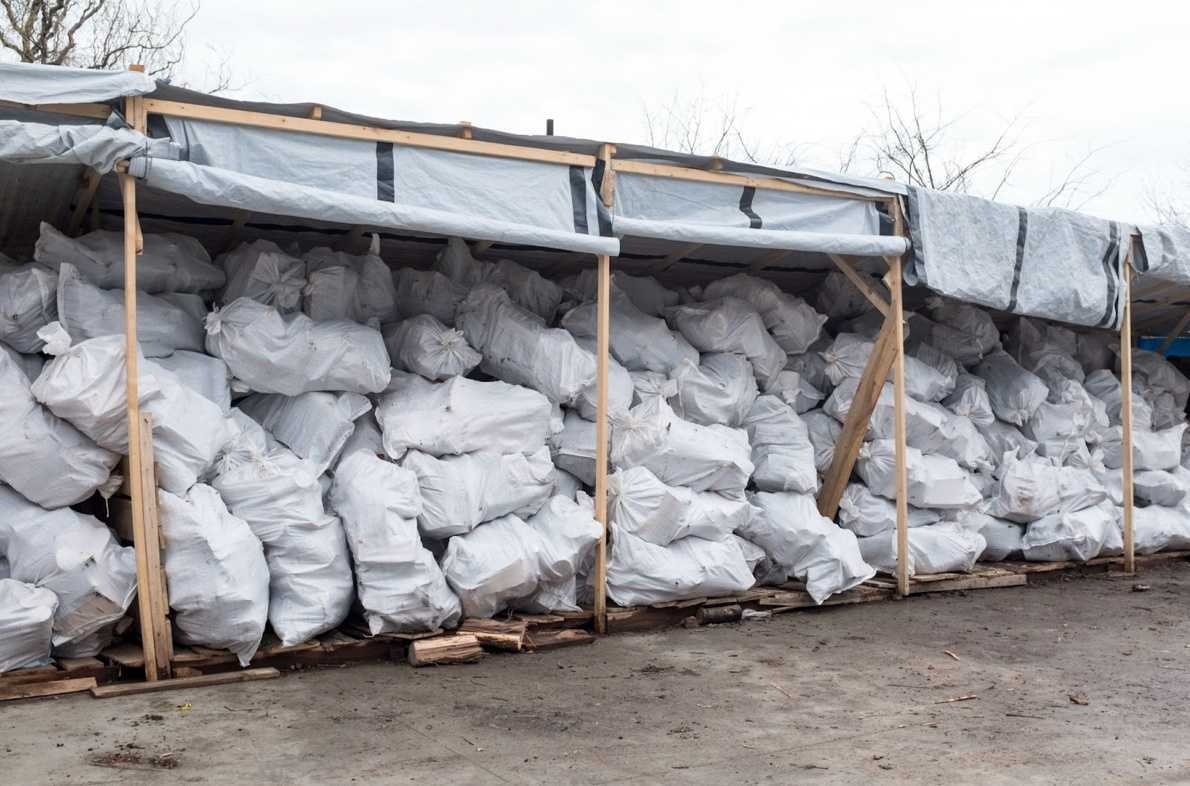
This dynamic also extends to the most desired places to sleep and available resources such as firewood. Life is hard, to say the least. But CA maintains a system that makes sure as many people as possible can get what they need.
Distributions often end in a similar way: migrants have taken their share of what was on offer, the shower truck has reached its daily capacity and the charging stations are running low. Euphoria fades along with daylight and people gradually disperse.
But some nights are different. Dancing continues as a mixture of contemporary Middle-Eastern and North African music continues to play through a loudspeaker as they wait to go “on game” — a term for attempting to cross the border. They eventually make their way into the distance in the direction of some undisclosed part of the Hungarian border in the hope of not returning.
The work of CA is set to continue. Despite political developments against refugees and pressure on Serbia to clamp down on migrants as a condition for consideration for membership of the EU, the Balkans will remain a route for those seeking a life away from war, persecution and complications caused by climate change.
Many are likely to reach the north of Serbia and temporarily reside in these squats and camps. They too will need support. It is NGOs such as CA that will continue to step up and make those journeys a little more tolerable.




